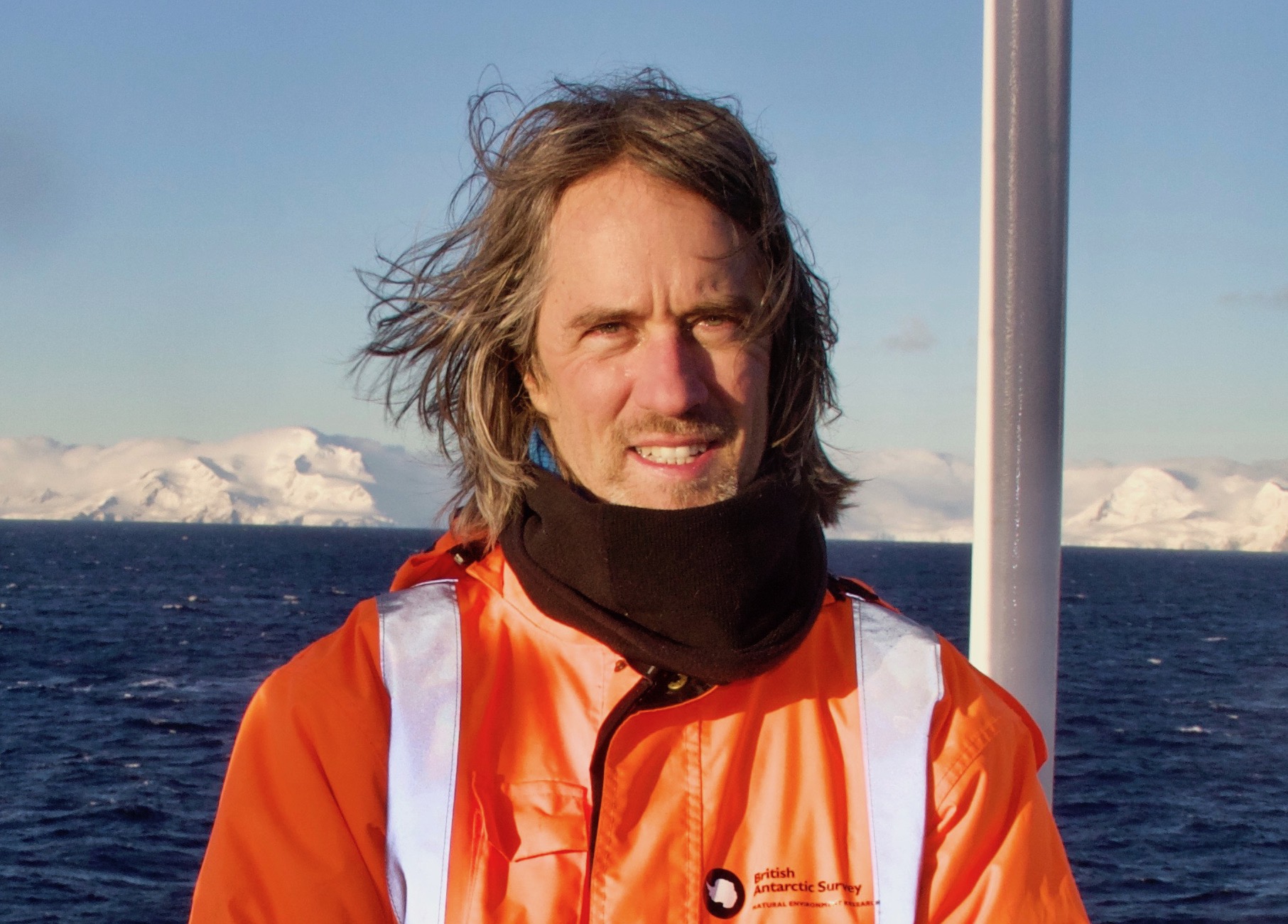Philosophy + Aims
As a teacher, mentor, book author, book editor, and journal editor, I aim to foster a fundamental understanding of physical concepts and their creative use in describing observed and simulated ocean phenomena. Towards this aim, I strive to pedagogically articulate the foundations of ocean fluid mechanics in both the written and spoken word. I am particularly interested in revealing how concepts and tools from mathematical physics can be leveraged to deepen our understanding of ocean physical processes and circulation.
Cultivating a safe and grateful space for learning and research
As part of my research, teaching, and mentoring, I aim to foster an inclusive, friendly, generous, patient, and non-judgmental space for all students, postdocs, and researchers. I also acknowledge and honor past generations whose efforts, some of which were sadly garnered through force and oppression, have led to the rewarding research environments that I have worked around the world. It is my sincere hope that practicing these principles supports present and future generations in a way that helps to heal past injustices. Cultivating an inclusive intellectual space supports spontaneous brainstorming and advances while genuinely appreciating contributions from individuals without regard to race, ethnicity, culture, religion, sexual orientation, gender identity and expression, physical ability, age, socioeconomic status or nationality.
Mentoring
I find it fulfilling to collaborate with scientists from across a
broad spectrum of experience, expertise, and backgrounds. I
particularly seek to mentor and collaborate with students, postdocs,
and visiting researchers with passions for mathematical physics and
theoretical ocean physics. As a mentor, I aim to nurture a talent for
diving deep into the fundamentals of ocean physics and for creatively
uncovering their impacts on ocean circulation. I support open and
honest working relations and aim for an environment where scientific
understanding and insights emerge from questions posed in a trusting
and non-judgmental space.

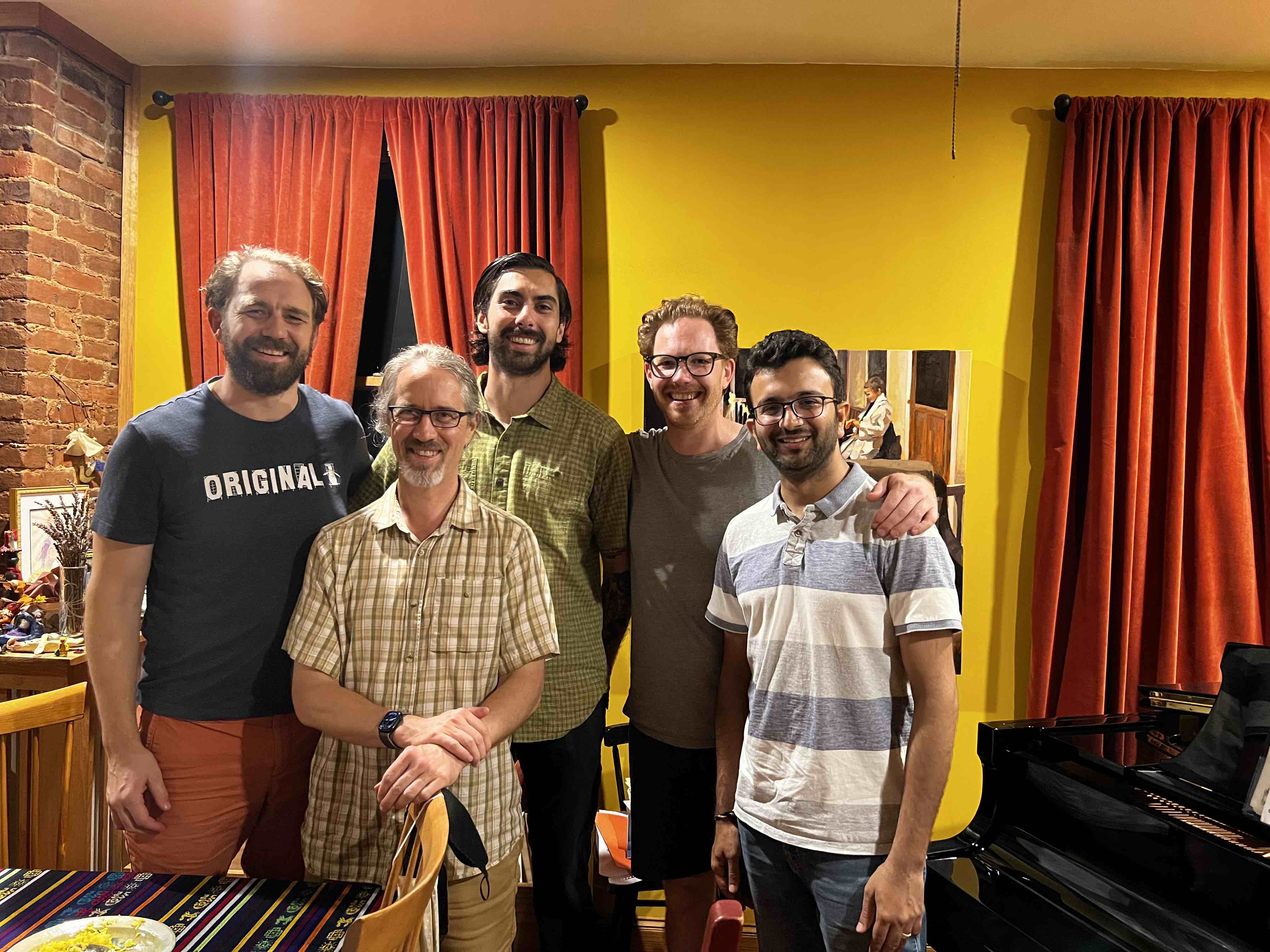
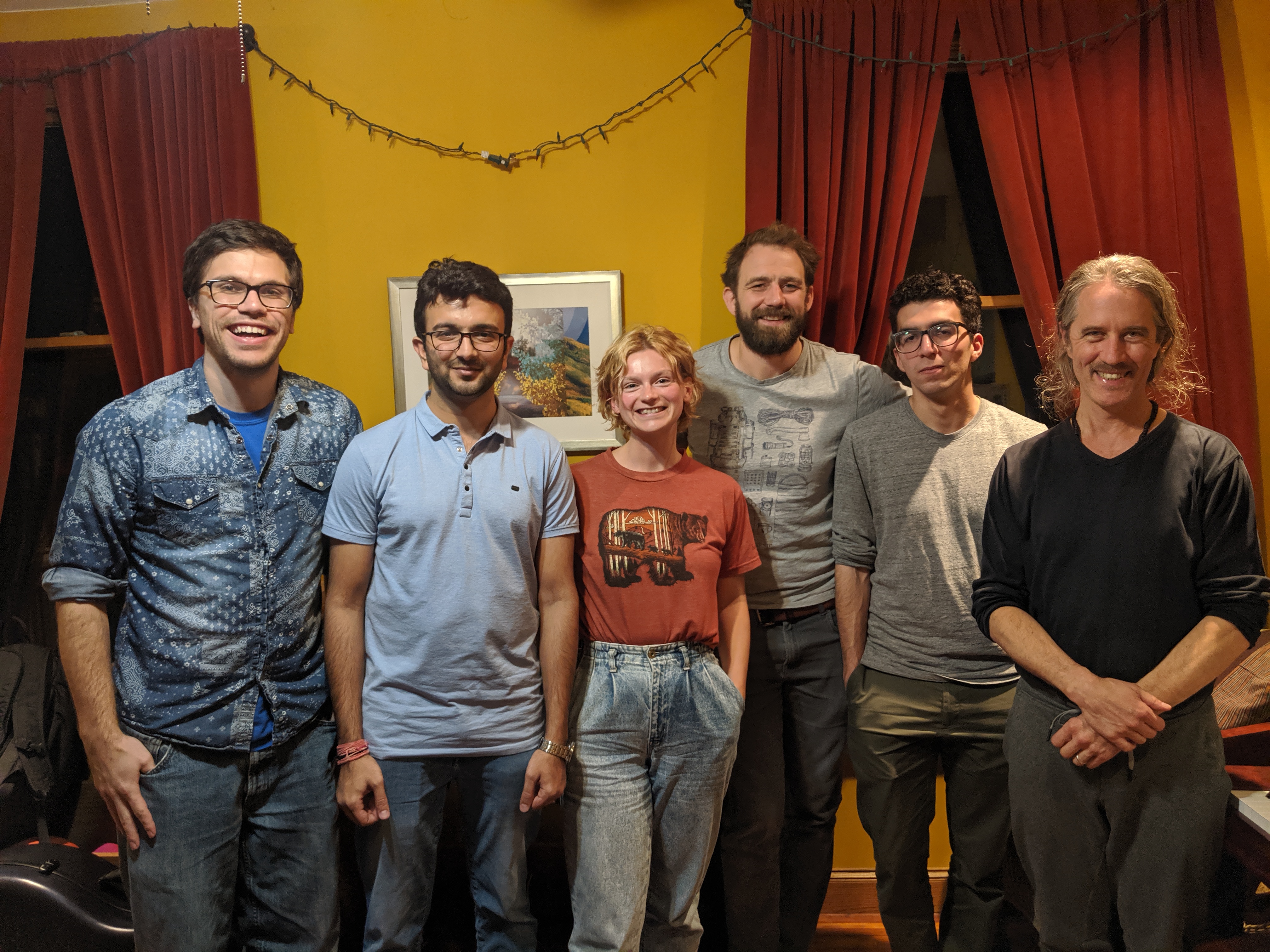
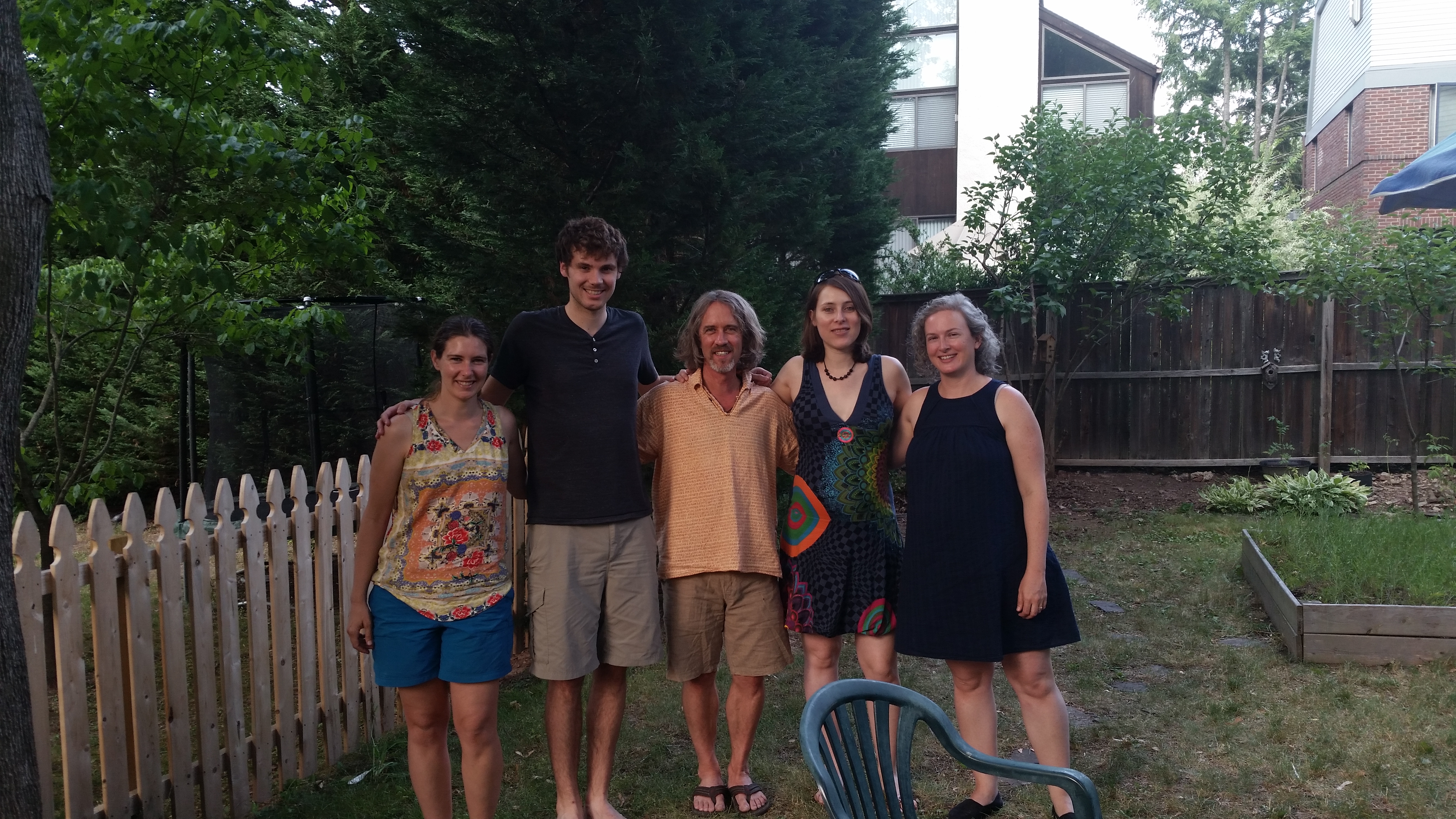
Here is a list of past and present people I have mentored/hosted at
GFDL and Princeton University.
- Jan Zika (UNSW professor 2023 autumn)
- Matthew Lobo (PhD student 2022-present)
- Wenda Zhang (postdoc 2022-2025)
- Rachel Pang (Princeton undergrad 2021)
- Marta Faulkner (PhD student 2021-2022)
- Jan-Erik Tesdal (postdoc 2020-2025)
- Ruth Moorman (predoc 2020)
- Benjamin Taylor (predoc 2019-2020)
- Hemant Khatri (postdoc 2019-2021)
- Hussein Aluie (visiting professor 2019)
- Graeme MacGilchrist (postdoc 2018-2022)
- Houssam Yassin (PhD student 2017-2022)
- Laure Zanna (visiting professor 2017-2018)
- Jianjun Yin (visiting professor 2017)
- Brandon Reichl (postdoc 2016-2019)
- Nathaniel Tarshish (predoc 2016-2018)
- Henri Drake (predoc 2015-2016)
- Alison Gray (postdoc 2014-2017)
- Ivy Frenger (postdoc 2014-2015)
- Adele Morrison (postdoc 2013-2016)
- Terry O'Kane (visiting scientist 2013)
- Carolina Dufour (postdoc 2012-2017)
- Yalin Fan (postdoc 2012-2013)
- Harper Simmons (postdoc 2001-2002)
- Rudiger Gerdes (visiting professor 2003-2004)
- Shafer Smith (postdoc 1999-2002)
Geophysical Fluid Mechanics at Princeton
Geophysical fluid mechanics (GFM) is a beautiful discipline of
theoretical physics that forms the intellectual foundation for
physical oceanography and meteorology. From 2014 to 2025 I taught the
graduate GFM course as part of Princeton University's AOS program. The
first semester develops mathematics, kinematics, tracer dynamics,
momentum dynamics, and vorticity dynamics relevant for understanding
and describing the physics of rotating and stratified fluids. The
second semester focuses on waves and instabilities in geophysical
fluid flows. I also taught a special topics class in the autumn of
2025 on mathematical methods in ocean physics. For each of these
classes I made use of the following book, and I welcome comments and
suggestions on this ongoing project (Griffies, 2026).
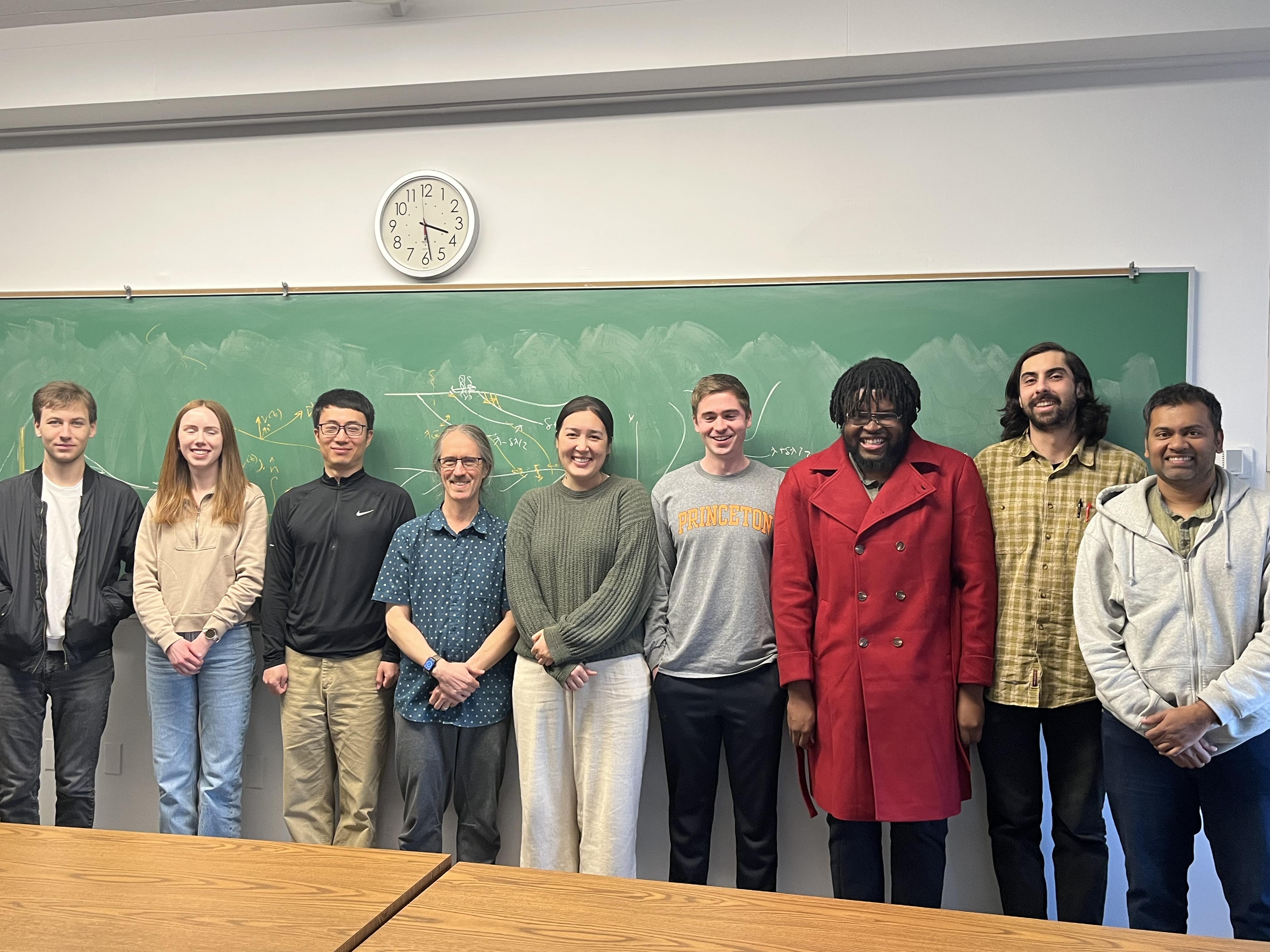

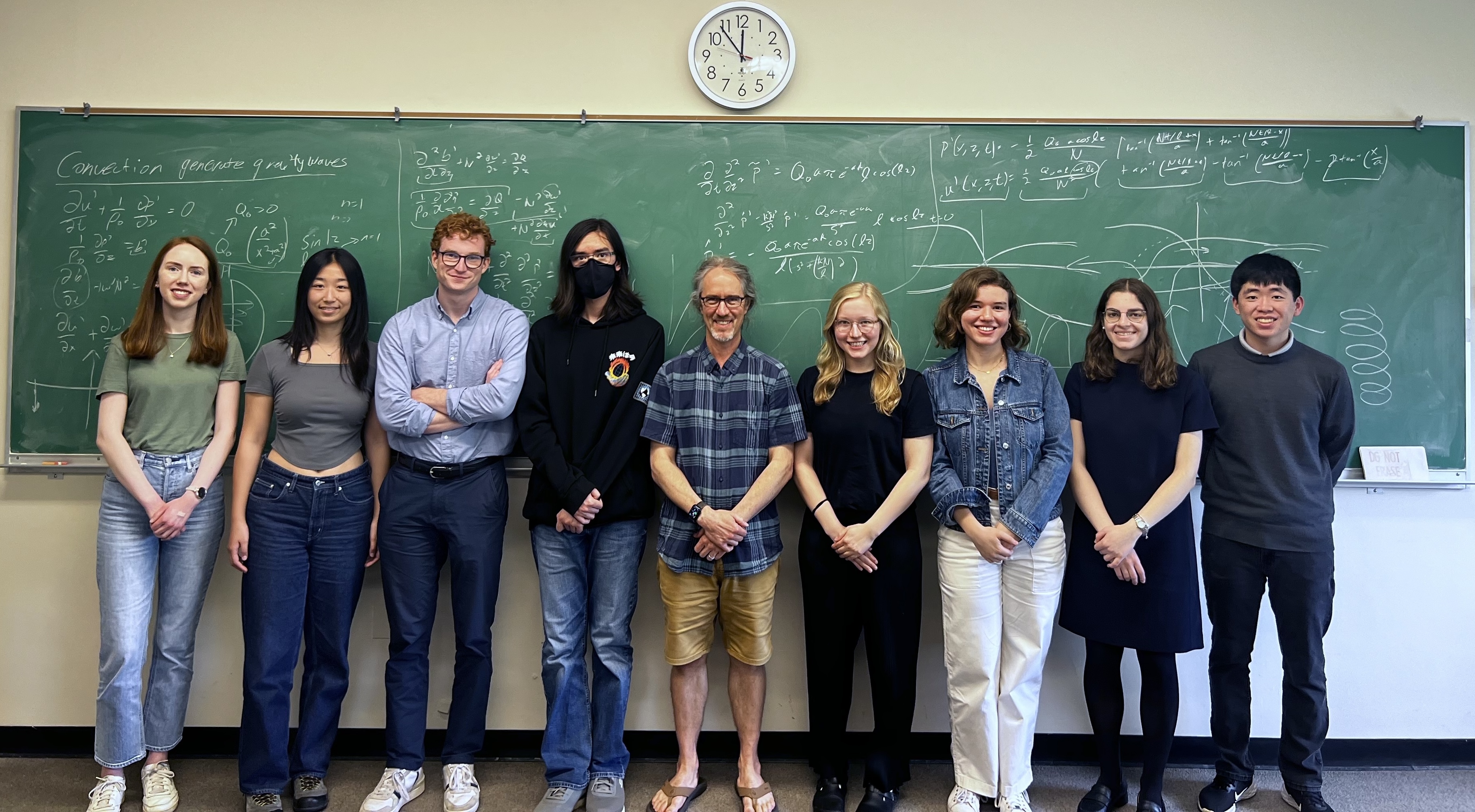
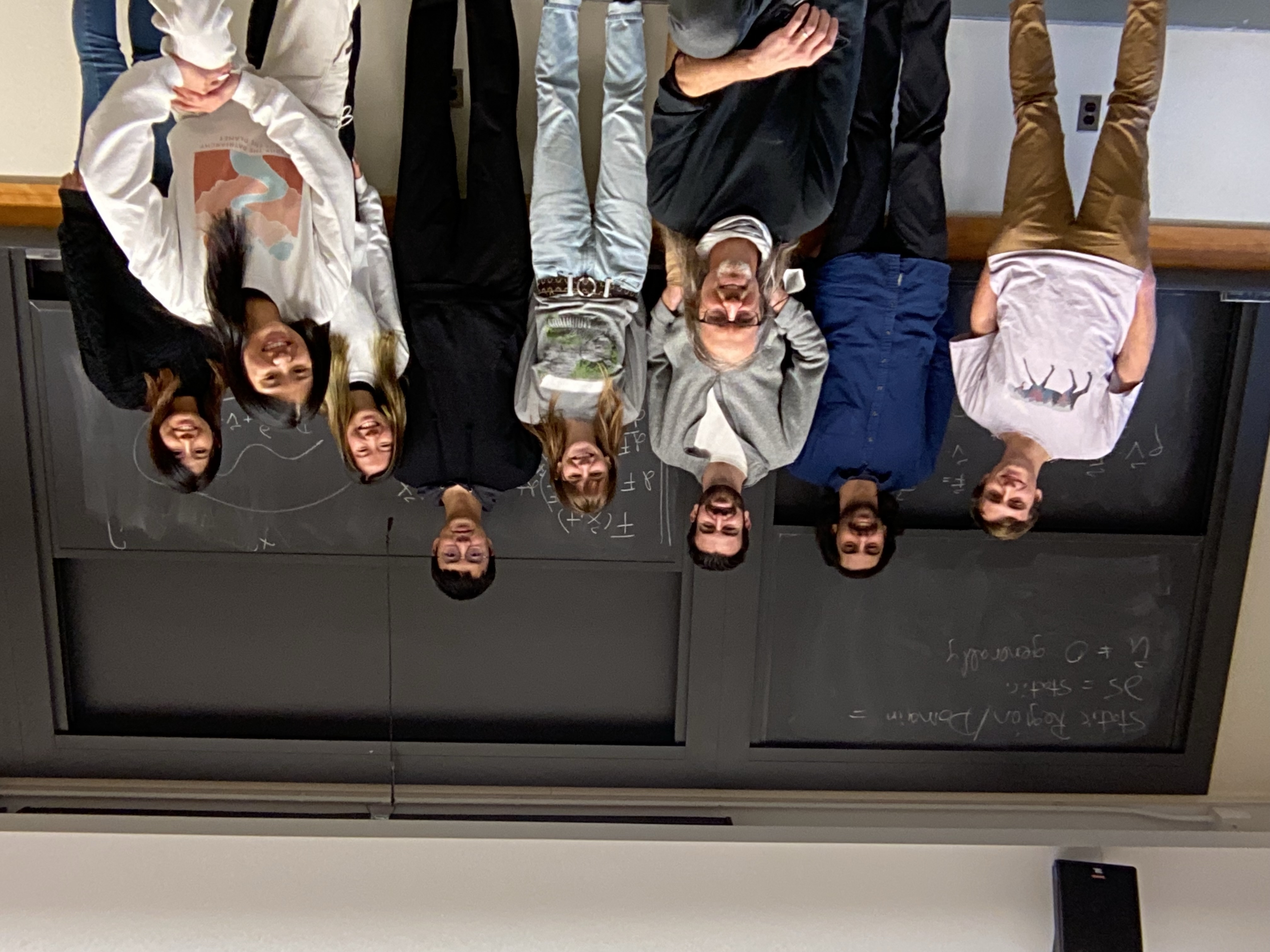
Lectures + Schools
In addition to teaching as part of the Princeton Atmosphere/Ocean Sciences faculty, I offer pedagogical lectures at schools and workshops for students aiming to refine their understanding of ocean physics, and for developing insights into how to run and analyze ocean circulation models. My most recent course (pre-pandemic) was at the CLEX advanced ocean modelling summer school in Tasmania during April/May 2019.
Review Papers + Books
The evolution of a scientific discipline is supported by review articles and books that enable a new generation of scientists to penetrate into the discipline and in turn to contribute novel insights. Such publications also help establish a rigor that might otherwise be lacking without a systematic synthesis of intellectual strands. I have participated in many review papers, lead authoring some and mentoring the lead author on others. I am also the author of a monograph on ocean models (Griffies 2004) and the co-editor of a book on ocean science (Siedler, Griffies, Gould, and Church 2013).
